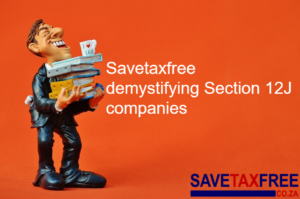UK introduces tax-free account for first-time home buyers
Story Highlights
- Tax-free savings account
- TFSA
- ISA
- UK tax free
Related Articles
Staff writer, 19 March 2015
 National Treasury used the UK’s individual savings account (Isa) regime as a model to design tax-free savings accounts. So its worth noting developments over there, such as the announcement of a special form of tax free savings account through which government will subsidise home buyers. Chancellor of the Exchequer George Osborne announced a new “help to buy” scheme in his budget this week, which will be introduced in April 2016. The government will pay 25% of the cost of a home, up to £15 000 on houses worth £250 000 or less, or £450,000 or less in London.
National Treasury used the UK’s individual savings account (Isa) regime as a model to design tax-free savings accounts. So its worth noting developments over there, such as the announcement of a special form of tax free savings account through which government will subsidise home buyers. Chancellor of the Exchequer George Osborne announced a new “help to buy” scheme in his budget this week, which will be introduced in April 2016. The government will pay 25% of the cost of a home, up to £15 000 on houses worth £250 000 or less, or £450,000 or less in London.
There is a maximum £1 000 deposit, will chip in an additional £250, then monthly payments are limited to £200 and the government will add another £50.
In other changes Osborne announced, savers will be able to withdraw and replace money in the same tax year without it counting towards their annual tax limit. In SA, this is not allowed. Here withdrawals can only be put back into savings accounts subject to the R30 000 annual contribution limit.
While SA’s National Treasury studied the UK’s version of tax-free savings before implementing them here on 1 March this year, SA’s TFSAs vary in other respects. SA has one form of the TFSA that accommodates cash, ETFs, collective investment schemes and other forms of allowed instruments while the UK has had two forms of the ISA account: a cash Isa and a stocks & shares Isa, although the difference between them has been removed. They have annual contribution limits of £15,240 that are free of tax – raised from £15 000 yesterday. The help-to-buy Isa is now a third format of the account.
Whereas any individual – including newborns – can own a TFSA, in the UK there are age limits: 16 or older for a cash Isa and 18 and over for a stocks & shares Isa.
Osborne’s latest reforms follow changes announced in July last year, in which the limit on the accounts was raised to £15 000 from £11 520.






